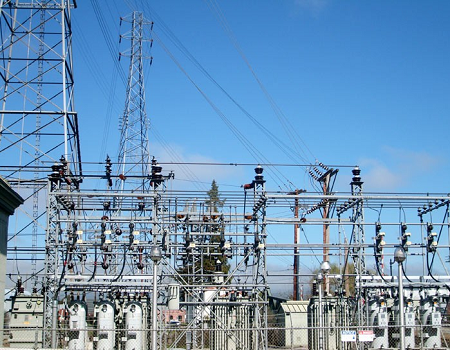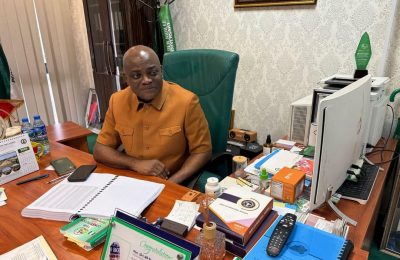President Bola Tinubu on June 8, 2023, signed the Electricity Act 2023, repealing the Electric Power Sector Reform Act, 2005 and consolidating the laws relating to the Nigerian Electricity Supply Industry. The Act provides a comprehensive legal and institutional framework for the power sector in Nigeria.
The principal objective of the Act is to consolidate all laws in the power sector and provide a comprehensive framework to guide the operations of sector. It also aims to provide a suitable legal framework to accelerate growth in power generation capacity and improve utilisation of generated power through increased investments in new and existing resources for power generation.

It also promotes policy and regulatory measures to ensure the expansion of efficient power generation, transmission, and distribution capabilities in Nigeria as a means to address the imbalance in the existing transmission infrastructure and help to achieve Nigeria’s national electricity access targets and highest per capita power consumption in Africa while it further stimulates policy measures that will eliminate barriers to and attract investments across the Nigerian electricity value chain and promote the development of a competitive electricity market.
However, the provisions of the Act do not preclude states from enacting laws to address generation, transmission and distribution of electricity within the states, sanction joint collaboration with the Federal Government, local government and organised private sectors to facilitate electrification of areas not covered by the national grid within the states, or establish State Electricity Market, State Integrated Electricity Policy and Strategic Implementation Plan (SIEPSIP), and State Electricity Regulatory Authority with powers to regulate the state’s electricity markets
Further, Section 3 of the Act provides that the Federal Government through the ministry in charge of power shall prepare and publish the NIEPSIP in the Federal Gazette within a year of commencement of the Act in consultation with the relevant government agencies and stakeholders and must be reviewed as required not later than every five years.
Failure to comply with the orders, rules, decisions, licenses, permits, codes, standards, and directions in the Act or any other subsidiary legislation issued pursuant to the Act, within the stipulated timeframe amounts to an offence. Accordingly, such offender shall be punishable by imprisonment for a term of not more than three months or with a fine of ₦500,000, or both.
However, in the case of a continuing failure or contravention, an additional penalty of not more than ₦100,000 per day of the continuing failure to comply with such subsidiary legislation shall apply.
Also, theft of electricity and electric materials, illegal connection of electricity, tampering with electric meters, unauthorised usage of electricity and similar offences are punishable upon conviction, by imprisonment for a term of at least three years or with a stipulated fine or both.
Further, the theft of electric lines, meters, and other materials is punishable by imprisonment for a minimum of three years and a maximum of five years, or a fine of at least ₦500,000, or both.
Meanwhile, persons who knowingly receive stolen electric materials shall be punished upon conviction with an imprisonment of 14 years, or a fine limited to three times the value of the stolen material, or both.
The intentional disruption of electricity supply lines or works attracts a fine upon conviction of not less than ₦300,000. The Act stipulates the relevant punishments for offences such as false declaration, abatement of punishable offences, obstruction, and impersonation of licensees, etc.
Additionally, Section 116 (13) of the Act prevents any licensee that has been levied a fine or penalty under the Act or any other law or regulation from recharging the levy to the licensee’s customers.
However, there appears to be confusion in Sections 95 (2) (c) and (e) regarding the levy to be administered by N-HYPPDEC for host community development for residence where hydroelectricity is generated in Nigeria.
On one hand, Section 95(2) (c) imposes a 5% levy of all revenue accruing from power generated by various GenCos in the affected communities, while Section 95(2) (e) on the other hand, and exempts hydroelectric GenCos from the application of the levy.
This appears to be a contradiction given that the Section relates to hydroelectric power-producing areas in Nigeria.
READ ALSO: ‘Victim not our student,’ OAU disowns viral news of rape, robbery incident







